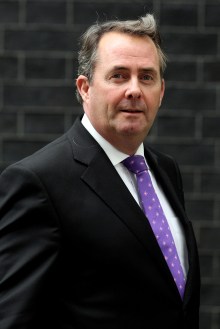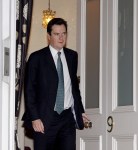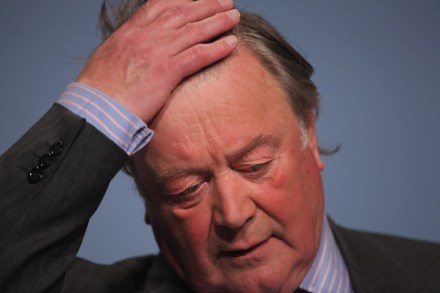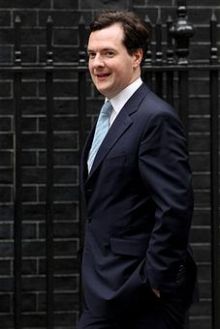Fox in the dock?
Split-stories have their own momentum. As soon as you know that a certain secretary of state is in the dog house with Downing Street, you start seeing things through that prism. So when I saw that the press release on the government’s new national security strategy contained quotes from the PM, the Foreign Secretary, the Home Secretary and the Development Secretary, but not the Defence Secretary, I immediately regarded it – and perhaps wrongly – as part of the Westminster Fox hunt. Liam Fox’s appearance on the Politics Show on Sunday was ill-advised. By celebrating his defiance of the Treasury’s demands and trumpeting the PM’s support for him, he





















